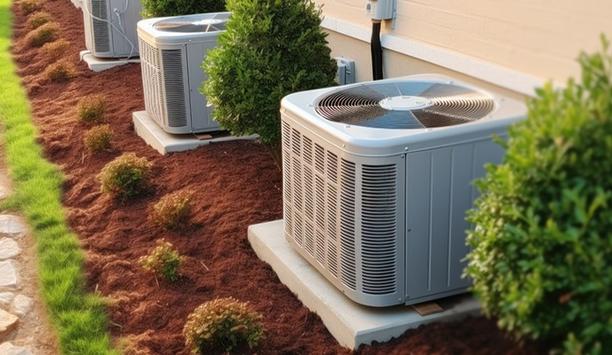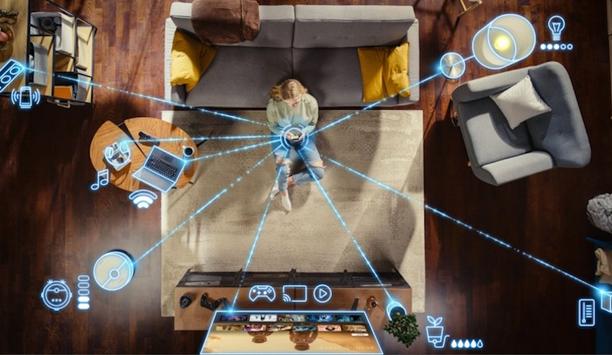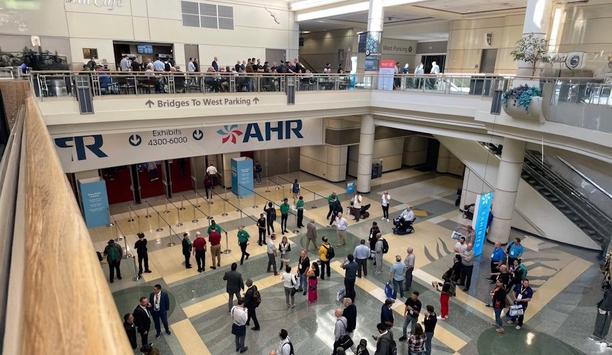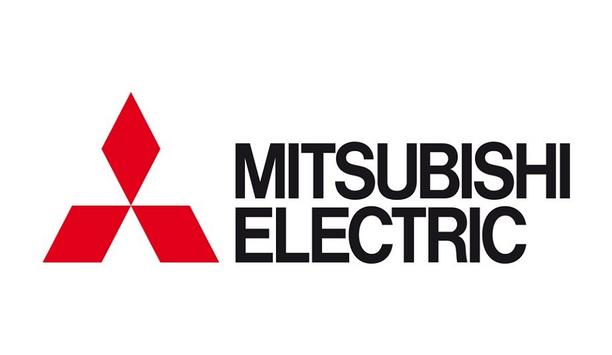The year 2020 will forever be remembered for the global pandemic that transformed almost every aspect of our lives. COVID-19 impacted the HVAC market, as it did most other business sectors.
However, HVAC also rose to a new level of prominence at the center of the pandemic, both as a potential cause of virus spread and as a source of solutions to fight the virus.
This article will highlight the intersection of HVAC and COVID-19 based on articles published during 2020 at HVACinformed.com.
Impact Of COVID On HVAC
In an HVACInformed.com Expert Roundtable Discussion, several industry experts weighed in on the impact of the coronavirus pandemic on the HVAC market.
Contractors were either not allowed to or were reluctant to enter people’s homes for sales and installation purposes, resulting in decreased demand and, ultimately, decreased sales.
However, during extraordinary times, it was encouraging to see a renewed focus on something the HVAC industry has been delivering for years – comfort.
Survey By Air Conditioning Contractors of America (ACCA)
A survey by the Air Conditioning Contractors of America (ACCA) gathered insights on the effect the coronavirus pandemic is having on the HVAC industry.
The survey in March indicated 65% of respondents expected COVID-19 to translate into long-term business viability concerns; 9% were concerned their businesses may not survive.
HVAC industry employees were included among “Essential Critical Infrastructure Workers as designated by the U.S. Department of Homeland Security (DHS).
Roles Of Ventilation
HVAC technicians and companies have risen to the challenges of social distancing and wearing masks There was increasing awareness of the role of air ventilation in fighting the virus. There has been renewed interest in air filtration, not to mention the benefits of UV-C to mitigate to mitigate germs circulating in the air.
Furthermore, HVAC technicians and companies have risen to the challenges of social distancing and wearing masks as they are invited into customers’ homes and businesses during the pandemic.
Resources To Maximize HVAC Systems
ASHRAE developed resources to help maximize how HVAC systems can have a positive impact as the coronavirus spreads.
The society recommends strategies such as dilution ventilation, laminar and other in-room flow regimes, differential room pressurization, personalized ventilation, source capture ventilation, filtration (central or unitary), and ultraviolet germicidal irradiation (UVGI) (upper room, in-room, and in the airstream).
Ultraviolet Light
2020 saw an unprecedented surge in demand for germicidal solutions. UV-C light is a short-wavelength, ultraviolet light that kills germs by inactivating a microorganism’s DNA.
Although UV-C is effective in killing other varieties of coronaviruses, such as SARS and MERS, scientists do not yet know about the impact of UV-C on COVID-19.
The Tennessee Valley Authority (TVA), the power provider in the United States, is offering incentives to businesses and schools to install UV-C germicidal lights to fight germs in indoor air.
Role Of HVAC In Virus Spread
Whether HVAC could contribute to virus spread was a repeated topic of interest. One theory goes that air conditioning, by removing humidity from the air, may enable infectious droplets to linger longer than they would outdoors or in another space where humidity is higher.
More humidity can weigh down viral droplets as they float through the air.
Minimize The Spread Of The Virus
ASHRAE opposes the advice and asserts that keeping air conditioners on during this time can help control the spread of the virus Does it make sense, therefore, to turn the AC off to minimize the spread of the virus? according to ASHRAE, which officially opposes the advice not to run residential or commercial HVAC systems.
In fact, ASHRAE asserts that keeping air conditioners on during this time can help control the spread of the virus.
Also related to virus spread, the Centers for Disease Control and Prevention (CDC) reported on a case under the title “COVID-19 Outbreak Associated with Air Conditioning in a Restaurant, Guangzhou, China, 2020.”
Research Trends And The Future
The need for more research will continue after the pandemic. Broadly speaking, we know that crowded spaces with poor ventilation and/or low humidity levels tend to promote virus spread, that filtration can help to remove the virus, and that measures such as UV-C radiation can help to disinfect indoor air.
More study is needed, and more time is needed to complete those studies and expand our base of knowledge on this important subject.
Preventing COVID
Panasonic has conducted research that verifies that hydroxyl radicals contained in water can inhibit the novel coronavirus (SARS-CoV-2).
The nano-sized electrostatic atomized water particles are generated by applying a high voltage to moisture in the air. Here is a statement from the company, "While Panasonic makes a wide range of products that generate these types of free radicals, none of these products has been tested for efficacy in the inhibition of the SARS-CoV-2 virus on surfaces or in the air.”
Innovative approaches to fighting COVID include HVAC-equipped smart, glass-paneled bus stop shelters that that help to prevent pandemic spread in the Seongdong district in northeastern Seoul, South Korea.
Ventilation And Air Filtration
As schools worked to reopen safely in the midst of a global pandemic, HVAC was at the center of the mission. Adequate ventilation and effective air filtration are critical elements to ensure safe indoor air quality for educational institutions.
Many schools are housed in older buildings that may not have been adequately maintained. Transforming them to address the new challenges of minimizing exposure to the novel coronavirus is that much more difficult.







































